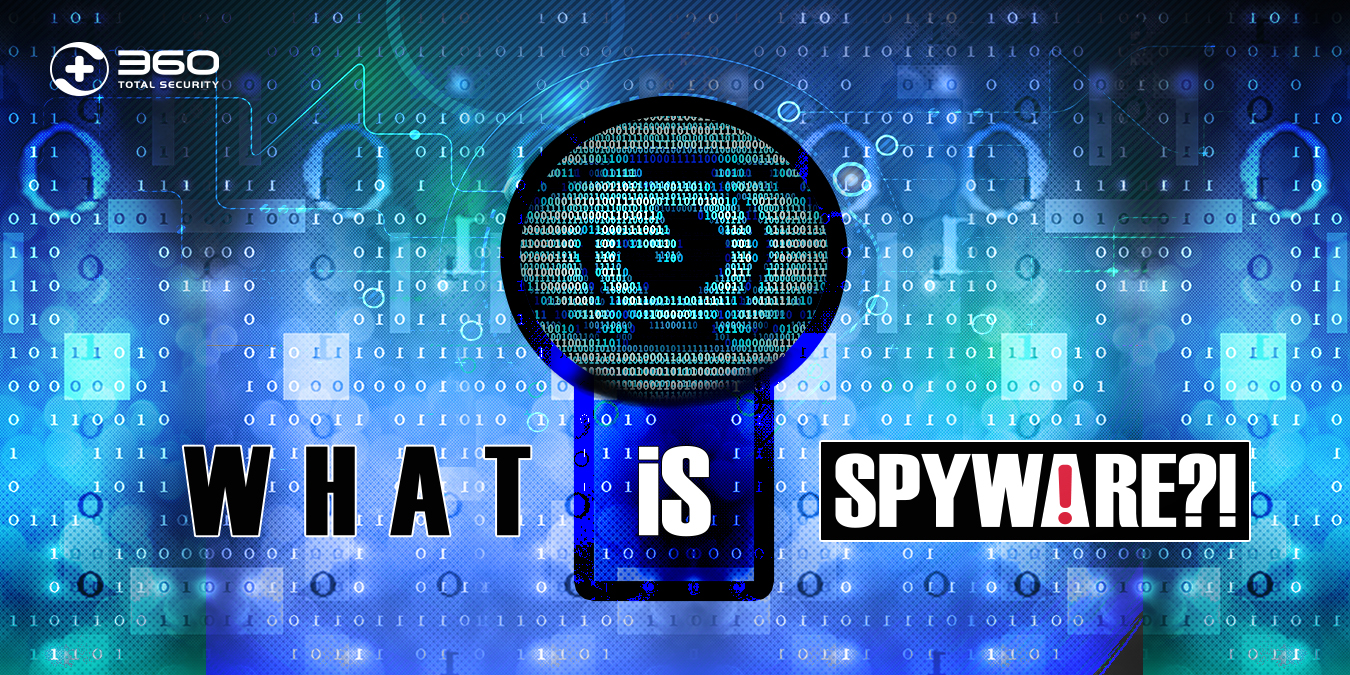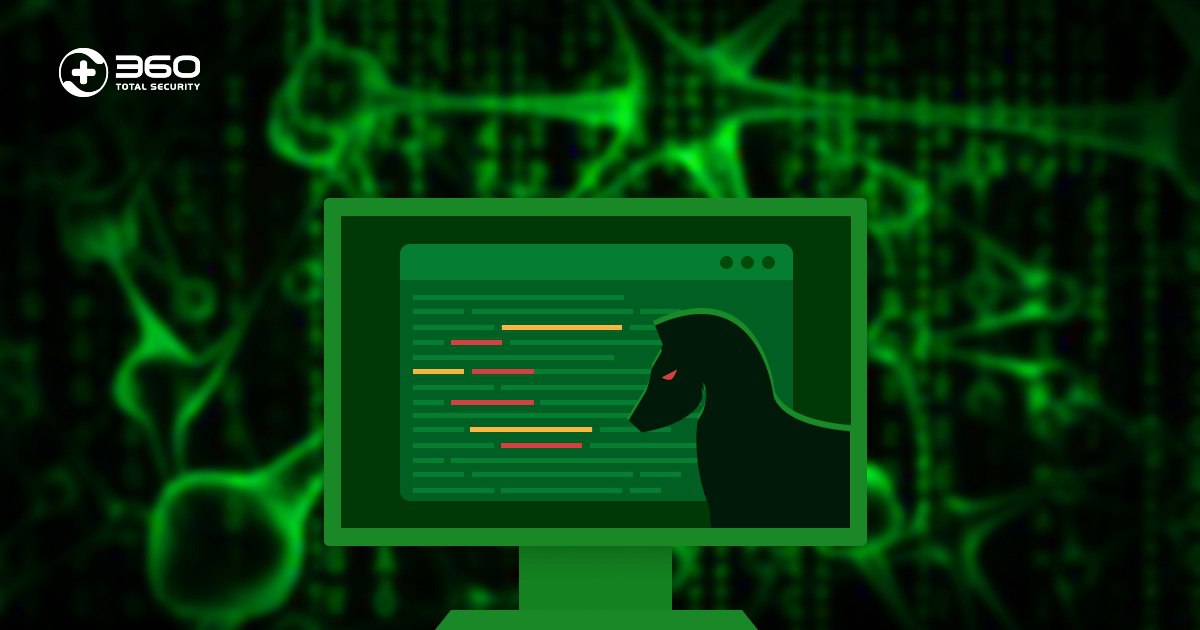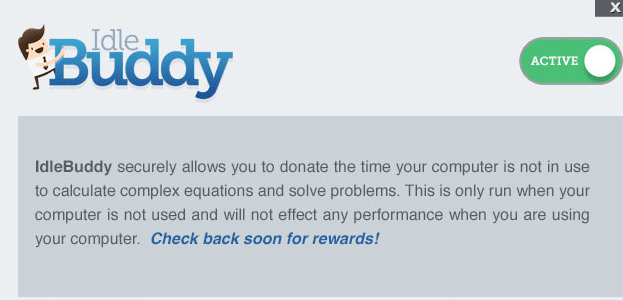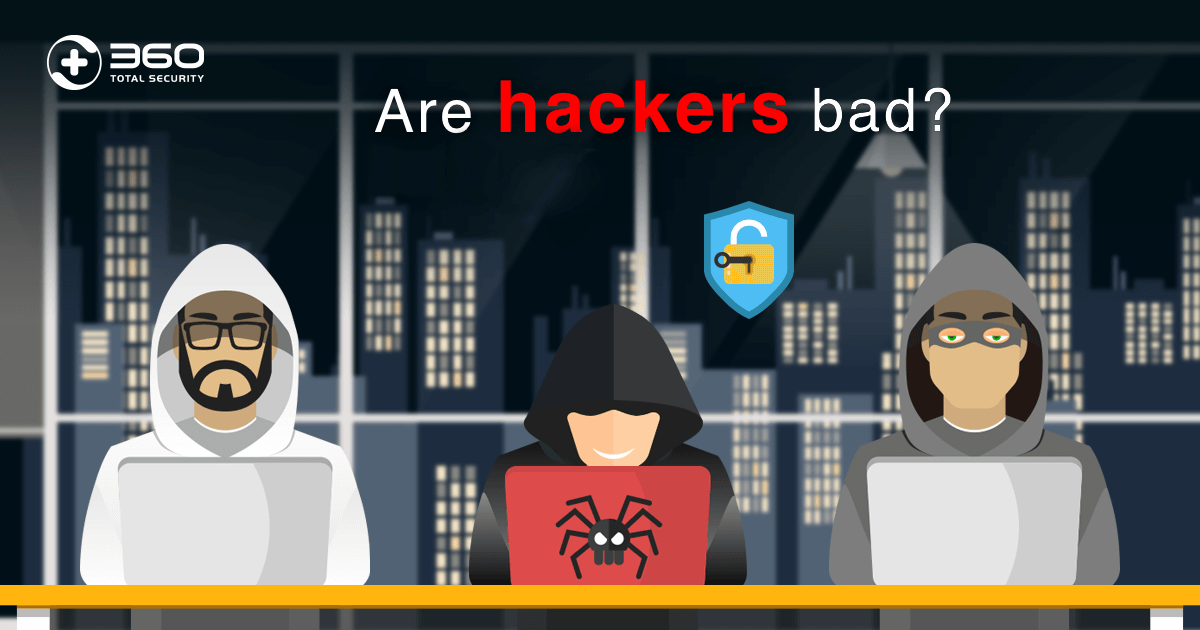
Spyware is a kind of malware that gathers and transmits data from infected computers. Its malicious behaviour includes collecting personal information, advertising and the modification of the users’ home page or browser.
Common spyware and how they affect your PC
Spyware takes different shapes, all sharing the purpose of gathering personal information from victims’ PC. For instance, adware, a software designed to serve advertising, is often regarded as spyware.
Malicious adware secretly tracks your online activity and displays disfavored advertisements. By gathering personal information, its spreaders can build victims’ portfolio and sell this valuable data to evil-intended users such as advertisers.
Keylogger is another notorious spyware. It records each keystroke on an infected PC to steal sensitive data, like account passwords and bank info.
You may also hear of browser hijacker. This spyware tampers your browser configuration, such as default search engine, home page and new plugin.
Spyware is hard to detect because it runs in the background. When compromised, PC usually slows down. Since there are many undetected programs running at the same time, system performance will therefore be largely decreased.
How is my PC infected?
One’s PC gets infected via several channels. For example, this malware may hide in a popup window when users are surfing the web. Browsers with unpatched vulnerabilities tend to be exploited by spyware attackers.
If you are a heavy user of sharing programs or free programs, you should be watchful for this malware. Spyware can be spread through P2P service or software cracks. Attackers may also adopt communication tools to spread the malware by sending the download link via instant message or e-mail attachment.
‘Legally bundled’ is also a common trick. Spyware can even be installed with your consent. When downloading a program from an online forum, you might be too excited to finish the terms and agreements, in the end of which lists the installation of an unwanted program.
How to prevent spyware?
Since spyware is usually covertly installed with other software, the most important tip is to understand how this malware could harm your computer.
It is recommended to download software from trustworthy sources, for programs from unknown sources may contain spyware code. When installing the desired program, this harmful code will be executed at the same time.
Besides common tools like firewall and antivirus, keeping all software up-to-date is another simple but effective way to avoid unpatched flaws. Further, changing the security settings of the browser to limit the information received from a website works as a precaution.
Learn more about 360 Total Security







